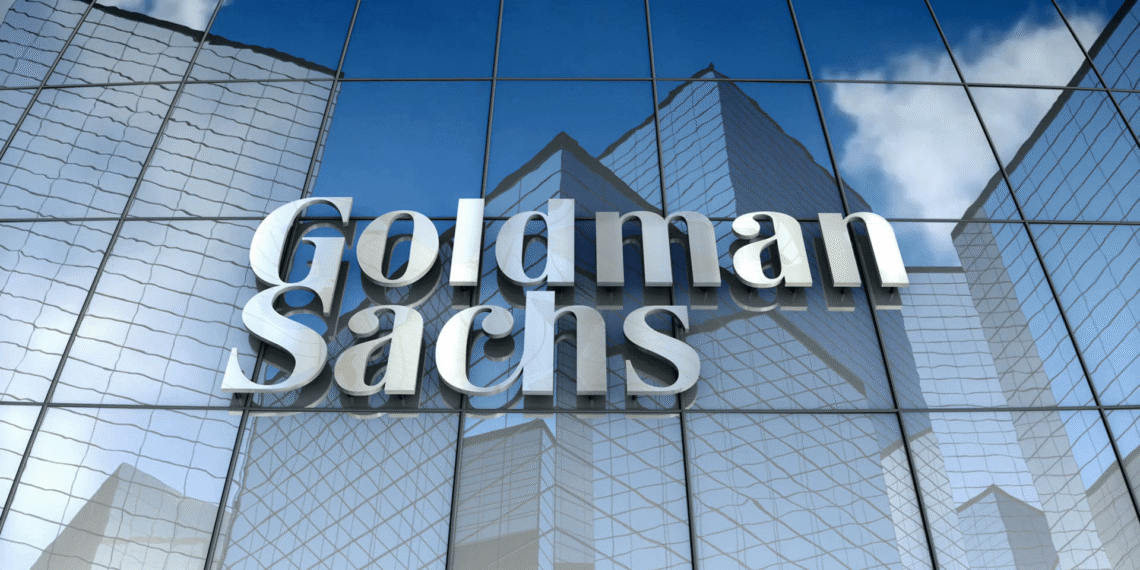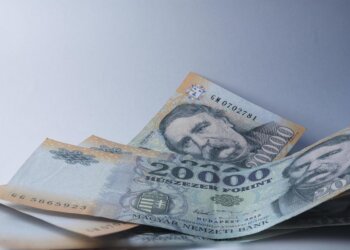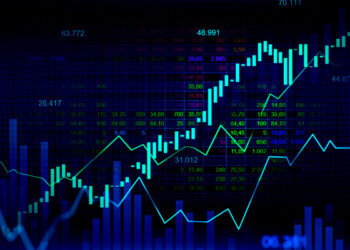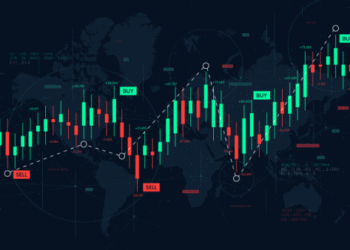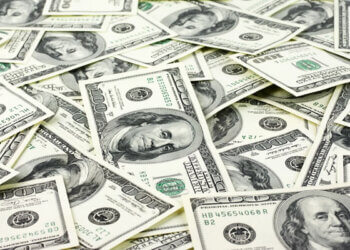The S&P 500 index could decline by almost 20% to 4,600 points according to Goldman Sachs if Trump’s tariffs lead to a recession even though the market has already risen 18% since April 7. According to Chief political economist Alec Phillips Trump’s UK agreement indicates that other countries will face increased tariffs. Chief economist Jan Hatzius predicted a 45% recession probability within 12 months based on employment data which shows weakness while sentiment surveys indicate minimal change. The inflation rate would double to 4% because of tariffs which would force the Federal Reserve to delay interest rate reductions until labor market conditions deteriorate thus requiring 200 basis points of rate cuts. Chief equity strategist Peter Oppenheimer observed that earnings data does not yet show tariff-related effects and a 10% earnings decline in a recession would lead to lower market valuations. The US market controls 70% of global market share while maintaining a price-to-earnings ratio of 20 which creates additional market risks. Foreign investors plan to decrease their US investments because technology advantages are fading away. Oppenheimer dismissed the possibility of a structural bear market because he predicts an event-driven correction instead of a deep market crash.
Goldman Sachs Warns of 20% Stock Drop Amid Tariff Risks
Related Posts
© 2025 Newsweek World.
All rights reserved.

